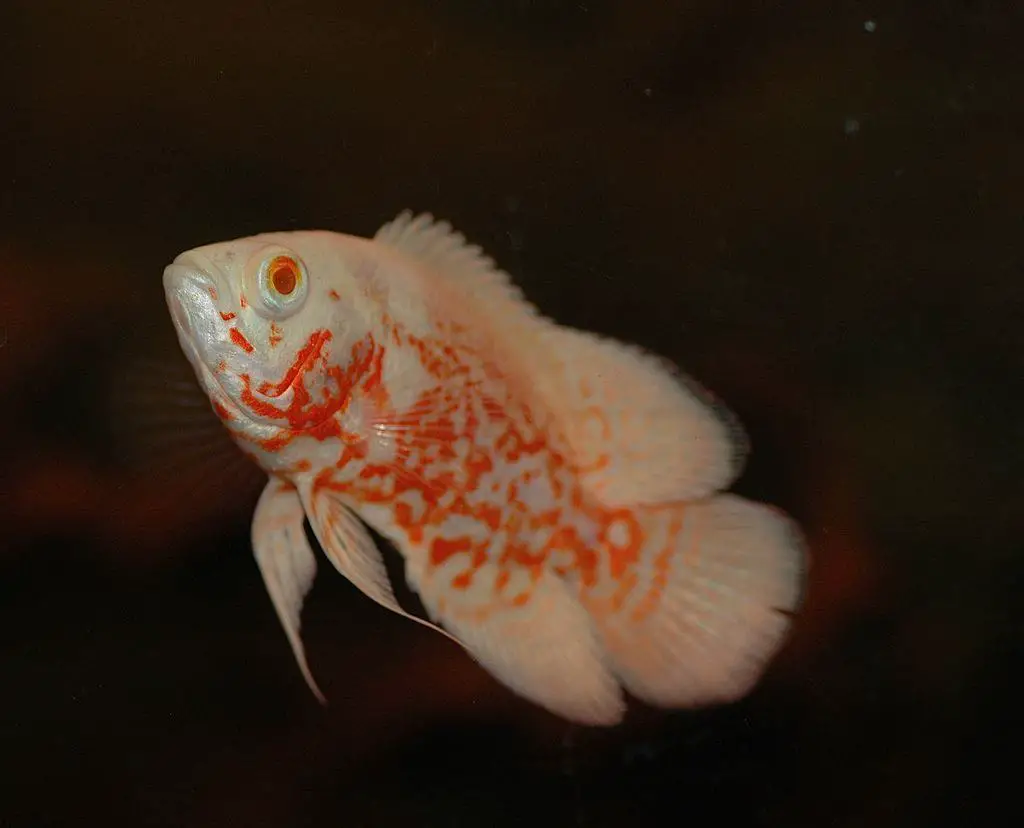
Where one fish may thrive, another fish may become stressed and eventually die. Meanwhile, African cichlids need hard alkaline water, the exact opposite of cardinal tetras, who thrive in soft, acidic water.įailing to provide an appropriate environment for your fish and ideal temperature can lead to it dying well before its time.īecause no two fish are alike, read up on the preferences of your fish before introduction to your tank. Without a safe spot to hole up, plecos can become stressed. They prefer calm water, so strong water movement, say from a filter nozzle or bubbler, can stress a betta out.Ī pleco, on the other hand, needs plenty of places to hide. And as we discussed earlier, stress can lead to an early death. In fact, while your fish appears to be surviving, it may be stressed beyond belief. Similarly, a fish that prefers warm water will likely die in cold water.īut just because your fish isn’t dead yet doesn’t mean that your setup is right. Your tank should be set up to suit the fish that you keep.Ī freshwater fish will die in a saltwater aquarium. Your aquarium setup doesn’t suit your fish I highly recommend cycling your new aquarium before buying fish. Note: Fish-in cycling is incredibly stressful for fish, and it’s likely that your fish will die in the process. Check out our Fish-in Cycle Guide to give your fish the best chance of surviving. If it’s too late and you already bought fish, then you can try a fish-in cycle. FishLab’s Fishless Cycling Guide will walk you through the steps to make regular water in your aquarium, safe for your fish. Ideally, cycling your aquarium should be done before you buy your fish because the process can take a couple of weeks. The process of establishing this good bacteria is referred to as cycling your aquarium. So, what you want to do is introduce this bacteria into your tank water – ideally before you buy your fish. If you add your fish now, your fish can become stressed and die while it needs a stress-free environment. Just one problem – this bacteria does not exist in a new aquarium. To put it simply, this bacteria keeps the water safe for your fish. A tank with healthy water quality also has bacteria that break down and remove waste from your aquarium. You see, fish are not the only things that live in your aquarium. The first thing you want to do is cycle your aquarium. I mean, you can, but there is a high risk that they will die soon. Now, all that’s left is to add your fish, right?īelieve it or not, you might not be able to add fish to your new aquarium for a few weeks.

Setting up an aquarium is easy – grab a glass tank, fill it with water, add your dechlorinator. So, let’s take a look at the common causes of stress that can lead to the untimely death of your pet fish. It’s more like a time bomb.Īnd because fish don’t show emotion or expression, a beginner may not even know that their fish is on death’s door until it finally passes away. You see, stress is not an instant killer. Well, the cause of your fish’s death might have happened weeks ago, and your fish have tried their best to survive this entire time, before finally losing the fight. I mean, your fish were fine yesterday, so the cause of death must have happened today, right? You would probably think back to what you did that day. Imagine that you come home, only to discover that every fish in your tank is dead. Unfortunately, stress makes it difficult for a beginner to determine why an apparently healthy fish died. It may take a few days or weeks – but one thing is certain, your fish’s days are numbered. Stress on fish eventually result in its death. It isn’t good for humans, and it definitely isn’t good for fish. You killed the beneficial bacteria in your aquarium

Your aquarium encountered rapid water changes You are not performing regular aquarium maintenance

Spent a few hours online last night trying to see if I could find what may be causing this and what I have come up with is that is sounds most likely to be is gill flukes. Along with the head shaking they will flash every once in awhile, as well as bang/rub their heads on decor/intake tubes. Stated out with one fish shaking its head, now there are about 3-4 that are doing it on what I would call a pretty regular basis. So I did the crushed coral thing and now it is holding pretty steady around 7.4-7.6Ph, but I think I may have something else causing the head shaking. Last week I posted about raising my PH because some of my fish in the Mbuna tank were acting a bit odd with shaking their heads and such so I checked my PH and because of the wood in the tank it had dropped to 6.8. Well I think I may have a problem I could use some input on.


 0 kommentar(er)
0 kommentar(er)
